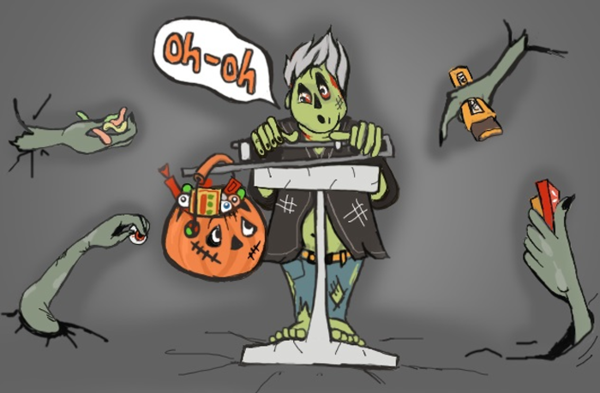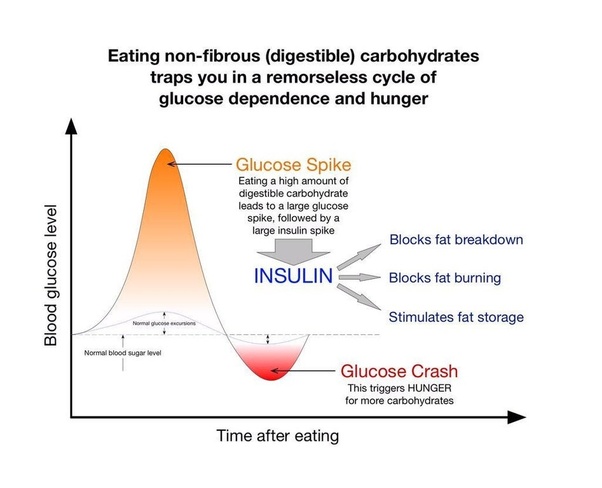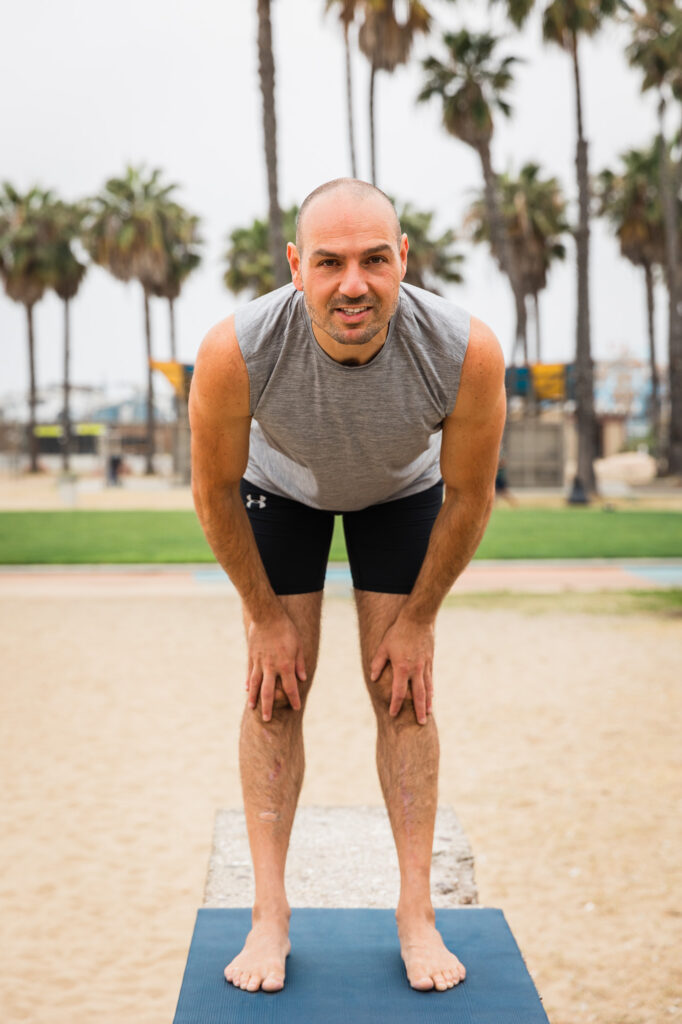10 Tips to Not Gain Weight During the Holidays


Even if you don’t trick or trick, don’t have kids, never eat or buy sweets, you get exposed to candy. It might start with a benign candy offered by a friend or you got to the bank and there’s a bowl of sweets for you on the counter or whatever.
These tiny instances of indulgence are the spark that creates a cascade of bad decisions for the following months until the new year. The reason why this is significant is because candy is made entirely of simple sugars (or worse: high fructose corn syrup) which makes them very high on the glycemic index so it spikes your insulin harder than any other food, which then plummets just as fast as it spiked up, causing you to feel hunger way faster, and destroys your emotional stability and mental willpower.

You also have other factors that contribute: The cooling autumn weather bumps up your metabolism slightly because your body tries to generate more heat with cellular respiration which in turn increases your appetite but what happens is you will end up easily overeating far more than the metabolic offset demands since food is so readily available to most of us. This, in combination with being potentially less active due to the colder weather not permitting as many outdoor activities adds to the potential for weight gain. (For more info about metabolism and temperature read here and here).
So it was October, you got exposed to some candy. But it didn’t stop there.
The day after Halloween, the literal tons of surplus candy go on sale for a fraction of the price, enticing you to buy some, especially now that your sweet-tooth has opened up from the days before, which is yet another confounding factor.
And then, within 3 weeks, you had Thanksgiving which is a celebration steeped in gluttony. But it might not be just one dinner. You might be hosting a dinner yourself AND you might be invited by a couple different friends or families for the long holiday weekend where you will undoubtedly taste a variety of delicious foods that you normally would not partake in. (And inadvertently also have leftovers of the stuff.) Not to mention in many cultures it’s rude to refuse eating food that’s served to you, and rude to not finish what’s on your plate as well. Even if you make proper food choices, it all just adds up. Just the simple presence of so much food is how the overeating snowballs into an uncontrollable monster.

Then in the month of December, you experience Christmas, Hanukkah and New Years celebrations that act as the pinnacle. The day after a giant meal, you wake up and you find yourself wanting to eat immediately again, despite having ate a shitload the night before. Just 12 hours ago you were loosening your belt and saying, “Wow I’m never going to eat again.” And yet you find yourself waking up in the morning hungry and wanting to eat. Why? Because your hormone and hunger signals are completely thrashed and disrupted.
Evolutionarily speaking… Becoming overweight during winter was never a serious threat to our survival.
It was preferred actually because our natural instinct is to pack on body fat when food is scarce, much like a bear preparing for hibernation. As a result, we show little control when faced with sweet, calorie dense foods. But food is anything but scarce nowadays (not even homeless people are underweight!) and we need to be mindful of these things. Simply being aware of this evolutionary tendency is step one. (Look, you’re halfway there cause you read this!)
As an aside, I was volunteering at the hospital several years ago and the day after Thanksgiving, Christmas and New Years Eve, we would get an influx of patients with the same symptoms: Chest pain indicative of a myocardial infarction (read: heart attack).
Sorry for painting such a doom and gloom scenario. But you are human. You are conscious and self aware. This is a pattern that has repeated for your entire life and you could totally get a grip on it. There are ways to not succumb to such abuse.
So what to do with the holiday dinners and the upcoming New Year?
- Be actually hungry for dinner. Intermittent fasting is your friend. On days when a feast will occur, do not eat breakfast and try to have the lightest lunch possible. This is probably my number one tip for me personally.
- Have the tiniest taste-testing portions of everything first just to see what you actually like before filling your plate with it. When there are a dozen food options on the table, don’t put two cups of everything on your plate without even tasting them. Practice obscene portion control.
- You don’t have to eat it just because it’s there: If you really want that special piece of candy, go ahead, but don’t go for it just because someone sent it, or because it’s lying there on the coffee table. Better yet, hide it if it’s in plain sight in your home!
- Limit your intake of “filler foods” low in nutrient density such as breads, white rice, pasta, potatoes, sodas and desserts. (The B vitamins in “enriched” flour open up your hunger further.)
- Opt for more protein. Ever tried to eat a pound of steak? It’s quite filling. I’m not saying eat a pound of turkey or steak, but opting for those protein rich foods such as fish, poultry and meat will help satiate you quite well.
- Opt for nutrient dense, fiber-rich foods such as non-starchy green vegetables, whole grains, and beans. They can keep hunger at bay for longer.
- Watch what you drink: Alcoholic and sweet drinks contain lots of calories and tend to go unaccounted for. Worse yet, if you’re buzzing or drunk, your ability to control how much you eat will go out the window. Opt for water, sparkling water or other low calorie drinks, especially after an alcoholic one.
What about other than food?
- Take up a winter sport such as skiing or ice skating.
- Create a routine where you workout at home and join a class at the gym or yoga studio every week. (Or follow workout videos if you prefer staying indoors.) The point is, stay active, keep building strength and find ways to break a sweat.
- Get some sun: Weather permitting, expose as much skin as you can to the sun for 10-15 minutes a day if you tend to be indoors.
I hope with these tips, you will be one step ahead of the game so that you don’t have to spend all of spring trying to shed the winter weight gain. Better yet, please share these tips with your friends and family. And if they don’t care, that’s not your problem. Lead by example and you do you!






